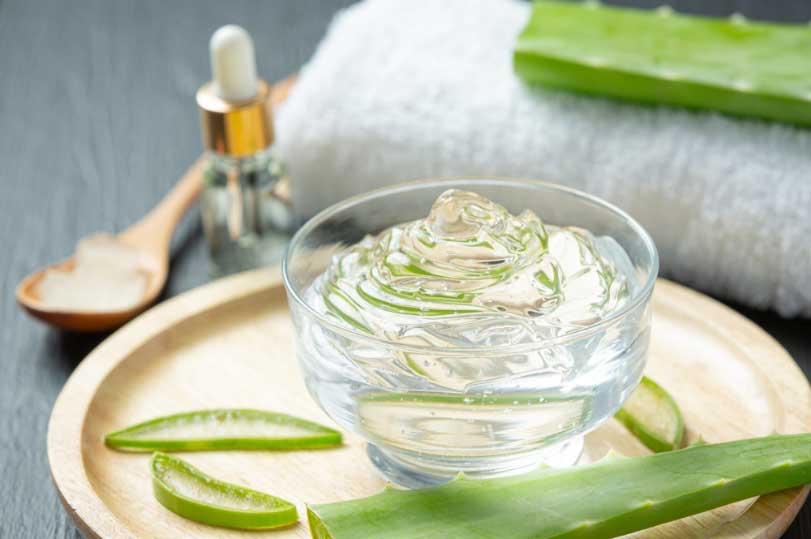Hey everyone! If your skin feels tight, looks dull, or shows tiny lines when pinched, you might be dealing with dehydrated skin. Unlike dry skin, which lacks oil, dehydrated skin lacks water. It’s a common issue, but the good news is, it’s totally manageable. Here’s your go-to guide for bringing that much-needed hydration back to your skin.
Understanding Dehydrated Skin
First up, let’s clear something up: dehydrated skin can happen to anyone, regardless of their skin type. You could have oily, combination, or dry skin and still experience dehydration. This condition is mainly due to factors like diet, environment, and not drinking enough water.
Key Steps to Rehydrate Your Skin
1. Hydration, Inside Out
Your skin reflects what you put into your body. Increasing your water intake is the first step towards rehydrating your skin. Aim for about 8 glasses a day, and incorporate water-rich foods like cucumbers, oranges, and watermelon into your diet.
2. Modify Your Skincare Routine
Switch to a gentle, non-stripping cleanser to avoid removing essential oils from your skin. Harsh cleansers can strip your skin of natural oils, making dehydration worse.
3. Layer Hydration
After cleansing, don’t let your skin dry completely before applying a hydrating toner or essence. These products are designed to add a layer of moisture that will be sealed in by subsequent products.
4. Use Hyaluronic Acid
Hyaluronic acid is a hydration hero. It can hold up to 1000 times its weight in water, making it an excellent ingredient for dehydrated skin. Look for serums that contain hyaluronic acid and apply them while your skin is still damp from toner.
5. Moisturize Effectively
Choose a moisturizer that reinforces your skin barrier and locks in moisture. Ingredients like ceramides, glycerin, and squalane are fantastic for maintaining skin hydration.
6. Protect Against Environmental Damage
Environmental factors like wind, cold temperatures, and dry air can sap moisture from your skin. Protect your skin by applying a broad-spectrum sunscreen daily and using a scarf or hat as a physical barrier when necessary.
7. Consider a Humidifier
Using a humidifier in your home or office can add moisture to the air, which helps prevent your skin from drying out, especially in winter or in very dry climates.
8. Weekly Masking
Incorporate a hydrating mask into your skincare routine once or twice a week. Masks that contain aloe vera, glycerin, or hyaluronic acid can provide an extra moisture boost.
What to Avoid
- Reduce Caffeine and Alcohol Intake: Both can dehydrate your body and, by extension, your skin.
- Avoid Hot Showers: Very hot water can strip your skin of essential oils, leading to further dehydration.
- Limit Skin Exposure to Harsh Climates: Wind and sun can worsen skin dehydration. Protect your skin as much as possible when outdoors.
Taking care of dehydrated skin is all about adding and retaining moisture. By following these tips and making some adjustments to your skincare routine, you can help your skin regain its hydration and maintain a healthy, glowing appearance. Here’s to happy, hydrated skin!
















